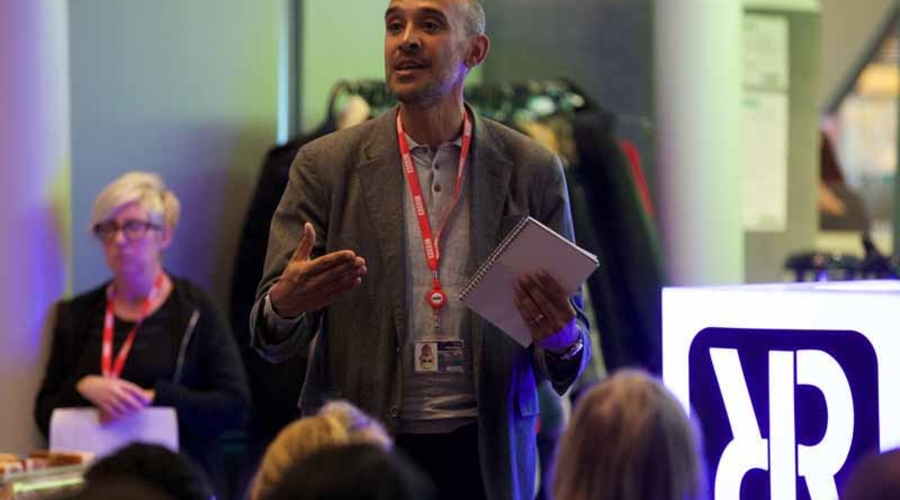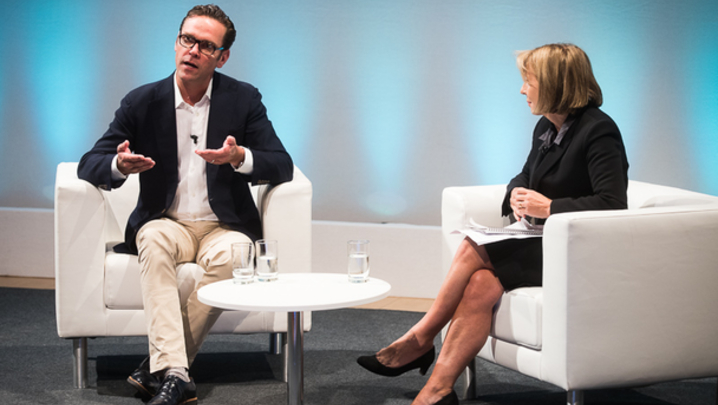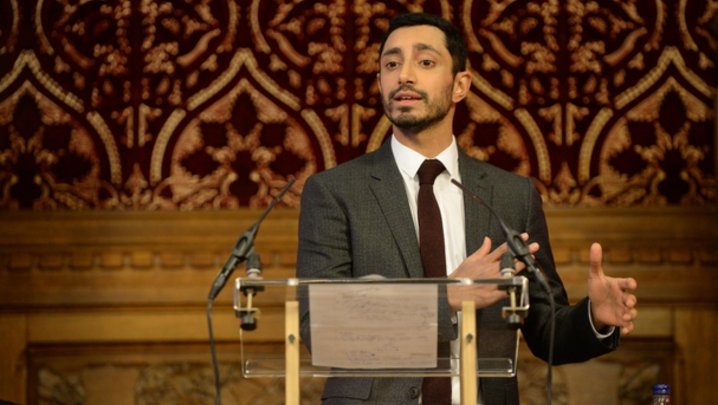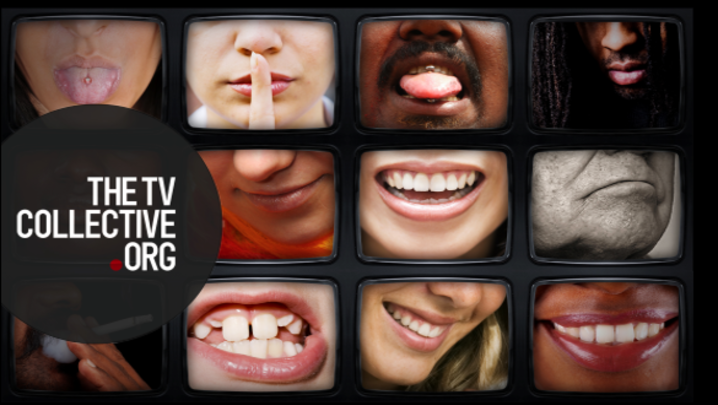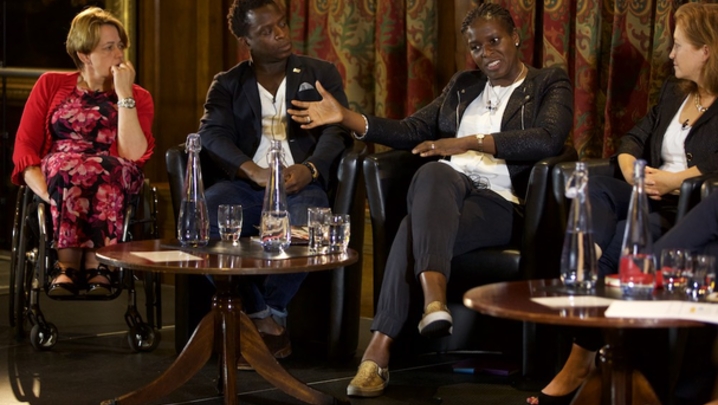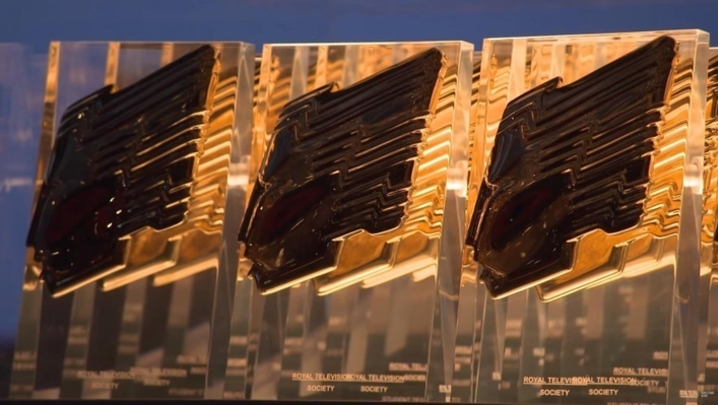In this guest post ahead of next week's Diversity: Job Done? event, Marcus Rider, Chair of the RTS Diversity Committee, explains why the RTS is gathering key figures from media diversity to ask whether the job has been done.
A year ago two things happened within a few weeks of each other. As the Chair of the RTS Diversity Committee, the two events will forever be linked. The first is a good friend died, the second is the BBC's Director General Tony Hall made a speech about diversity.
Let me start by telling you about the first.
Just over a year ago an incredibly talented black director called Jay Mukoro drowned off the coast of the Bahamas. He was in his mid-forties and had worked as an assistant producer on some of the BBC's most high profile land mark current affairs films. On the day he drowned he was in the middle of directing his first network programme.
Everybody who worked with Jay acknowledges two things:
1. That he was an immense talent
2. He shouldn't have been directing his first TV programme at the age of 42 (he was far too good for it to be his first).
I mention the tragic case of Jay because we often talk about "glass-ceilings" in the abstract. Jay's death exposes the cruel reality behind such an innocuous phrase. It is about wasted talent. It is about people being held back despite amazing talent. It is about the fact that for far too many black people working in the media, fundamentally life is unfair. Jay's tragic and untimely death brings that into focus.
Jay was never able to fulfil his potential. The same is true for too many people from diverse backgrounds working in television. Earlier this year Broadcast magazine revealed that the number of Black Asian and Minority Ethnic people (BAME) leaving the BBC was at an all-time high. This is on top of industry figures that showed that between 2006 and 2012 the media industry lost 2,000 BAME people despite the fact it grew by 4,000 in total. That means that for every non-white person who left the industry more than two white people were employed. For me that represents 2,000 glass ceilings.
"Between 2006 and 2012 the media industry lost 2,000 BAME people despite the fact it grew by 4,000 in total"
If the glass ceiling is bad, the total number of BAME people surviving in the industry is even worse. Latest figures put the number of BAME people working in the industry at less than 6%. That is in a country with a BAME population of 12.5%, concentrated in London with a BAME population of 40%.
No sensible person can think this situation is OK.
Luckily the media industry, contrary to depictions in W1A, does have some sensible people in it and there is near consensus that things need to change. Which brings me to the second event that happened a year ago.
A few weeks after Jay Mukoro's death, Tony Hall made a speech as to how the BBC was going to solve the problem of stagnating and even decreasing diversity in television. From smashing glass ceilings and retention of diverse staff within the industry to increasing representation in front of the camera.
I doubt very much that Tony Hall knew Jay Mukoro but when he gave his speech, announcing a raft of different initiatives, as to how he aimed to increase diversity at the BBC, I felt he was speaking directly to Jay's memory.
We should never allow such talent to go unrecognised and wasted. As an industry and as a society we should not have a "blind-spot" to recognising someone's ability simply because they might be in a wheelchair, have more melanin than the Prime Minister or not have a Y chromosome.
Tony Hall's diversity initiatives have been followed by other campaigns. Channel 4 announced a major restructuring of its entire commissioning process in order to increase diversity. Sky TV set out challenging diversity quotas in key editorial and on-screen positions. And ITV announced new diversity targets as well.
So is it job done when it comes to diversity in television?
The problem is that over the last 20 years people from diverse backgrounds have grown far too used to diversity announcements that end up with very little to show for them.
That is why the RTS has brought together some of the key figures in media diversity to ask that very question: "Diversity: Job Done?". Not only that, we will be announcing the results of a major survey - conducted by the TV Collective - of people who work in the industry and what they think of the various diversity initiatives.
Last year two things happened. One of them changed my life forever - I lost a close and dear friend. The other - all the broadcasters' diversity announcements. The jury is still out as to whether it changed my life as a black person working in television. On Monday 22nd June we should get some answers.
To book your place at the event visit https://rts.org.uk/diversity-job-done

